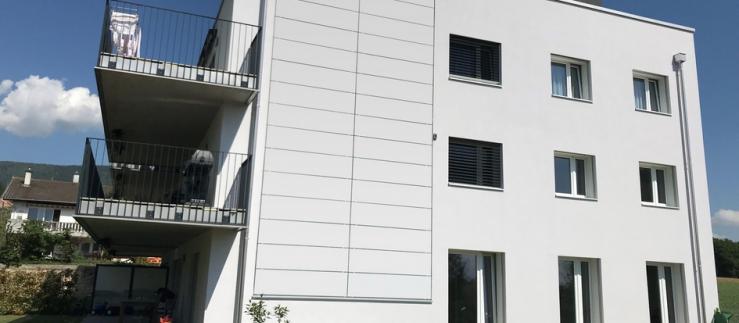Plastics, textiles, smartphones, furniture, and fragrances, among others, are derived from petroleum. "The massive release of fossil carbon into the atmosphere is a major contributor to global warming, but most people don't realize how dependent we are on it and that we urgently need to stop all our emissions," explains Rémy Buser, CEO of Bloom Biorenewables.
This EPFL spin-off provides a renewable, biomass-based carbon for the manufacture of packaging plastics, perfumes and marine biofuel.
"The technology we are developing allows us to manufacture sustainable and circular products," explains Florent Héroguel, COO of Bloom Biorenewables. The advantage of this "green" carbon is that it fits into the natural cycle that occurs on the surface of the Earth and avoids the imbalance caused by the extraction of carbon buried under our feet for tens of millions of years, which is largely responsible for the greenhouse effect.
EUR 3.9 million raised with the support of Bill Gates
The company recently raised EUR 3.9 million in a financing round led by Breakthrough Energy Ventures-Europe (BEV-E), a new European fund led by Bill Gates and dedicated to start-ups that are "visionary, intrepid and committed to a global decarbonation strategy".
The EUR 3.9 million raised will allow Bloom Biorenewables to expand its team and create an independent research and development center based in Renens, in the canton of Vaud.






